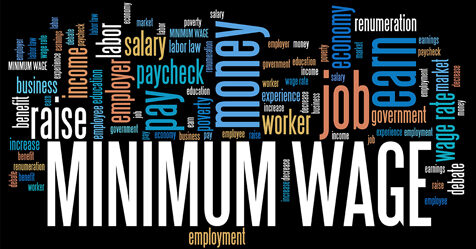Utah Town Named 2023’s Best Small City to Start a Small Business
Report compared more than 1,300 U.S. cities with fewer than 100,000 residents across three key dimensions.
With National Small Business Week approaching (April 30–May 6), personal finance website WalletHub has recently released its report, 2023’s Best Small Cities to Start a Small Business.
To determine the most business-friendly small markets in the United States., WalletHub compared 1,334 cities with between 25,000 and 100,000 residents across three key dimensions: business environment, access to resources, and business costs.
Washington, Utah, with a population of 27,993 people in 2020, is ranked first in the listing of 30 cities. Most favorable to its higher ranking was its access to resources and its business environment.
In fact, small cities in Utah appear most often on the list, with a total of 11 residing in the state.
The report also found that Bozeman, Montana, has the highest number of business startups per 100,000 residents. Kentwood, Michigan, has the most affordable office spaces, at an annual rate of US$9.06 per square foot. Isla Vista, California, has the lowest labor costs, with a median annual income of $22,386.
St. Cloud, Minnesota has the most access to financing, while Calexico, California, ranks first in human resource availability.
“The biggest advantages of starting a business in a small city are reduced costs and less competition,” stated William I. MacKenzie, executive editor for The Journal of Social Psychology and associate professor of management at The Culverhouse College of Business at the University of Alabama in Huntsville.
“Small cities are great for startups because they typically have a lower cost of living and are much more affordable than larger cities,” he continued. “Businesses can save money on labor and real estate expenses in small cities. Compared to large cities, small cities should have fewer competitors for business startups or even potentially no competition if you are starting something unique to the area. Less competition and reduced costs in small cities can mean big profits for a successful startup.”
But on the negative side, MacKenzie said, starting a business in a smaller city can mean fewer customers. “Fewer customers mean businesses must have enough appeal to either capture a wide share of the market or have profitable enough products that they can still thrive with a small customer base.”
Plus, cities with lower populations won’t have the same number of resources available as bigger towns. “Talented employees, commercial space, and suppliers are all going to be more limited than what a business will be able to find in a larger city,” he said. “Limited resources in a small city have the potential to constrain a thriving startup.”
Click here to see the entire list of small cities and learn more results.


